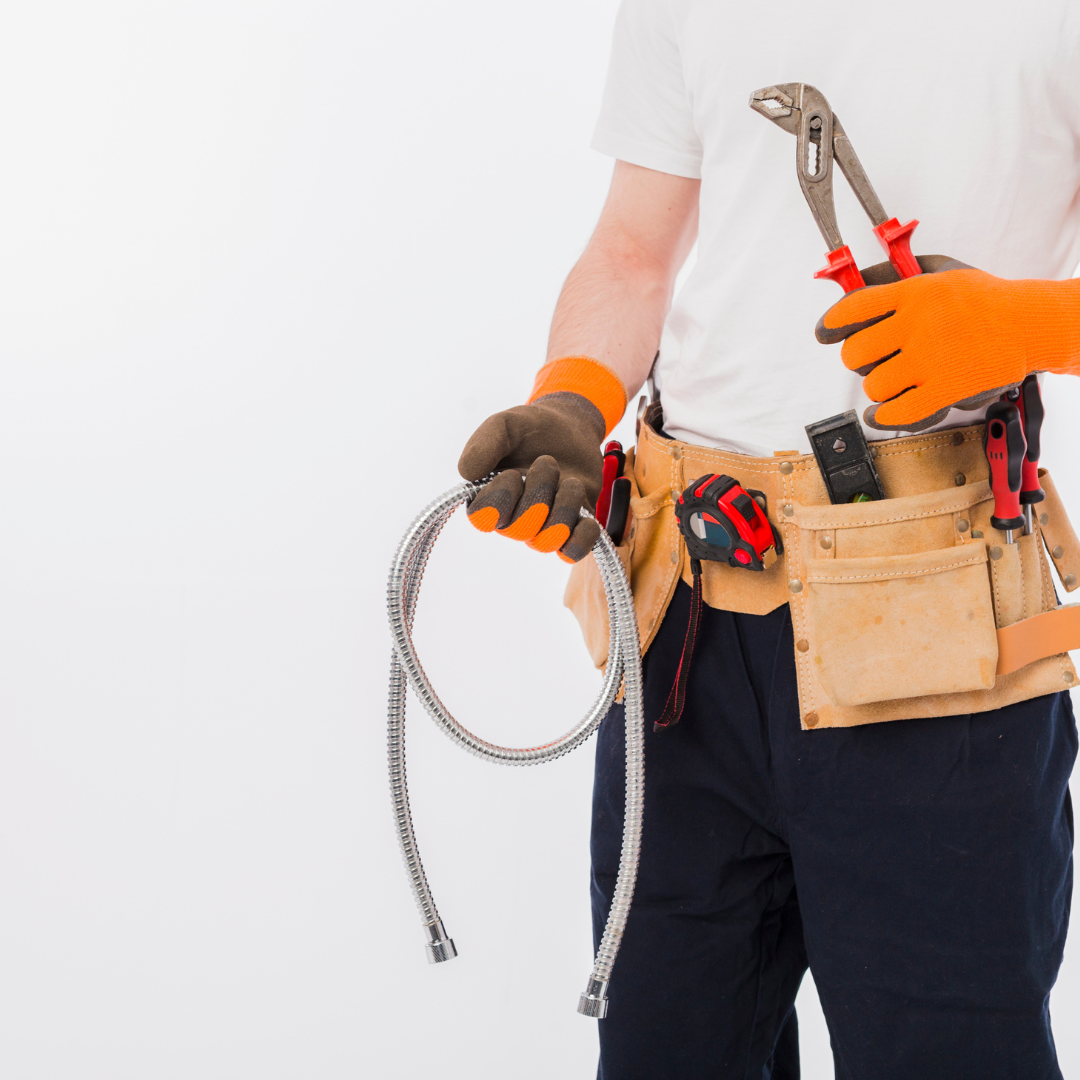Choosing between gas and electric appliances is an important decision that can impact your home’s efficiency, energy costs, and performance. Our team has identified the key factors to consider when deciding which option is best for your home.
Cost comparison
Upfront costs:
Electric appliances generally come with lower upfront costs. Stoves, water heaters, and space heaters powered by electricity are often cheaper to purchase and install than gas appliances. However, this depends on whether your home already has gas infrastructure. Homes without gas lines will need installation, which increases the initial investment, making gas more expensive at the beginning. If gas lines are already in place, this difference is less, and installation costs can be comparable to electric appliances.
Running costs:
When it comes to running costs, gas is typically the more economical choice. Gas appliances, such as stoves, water heaters, and general heaters, use less energy to produce the same amount of heat, leading to lower monthly bills. Electricity, on the other hand tends to be more expensive per unit of energy, particularly in homes that rely heavily on heating or cooking, making gas a cost-effective option in the long run.
Maintenance costs:
Both gas and electric appliances require regular maintenance to ensure safe operation. Gas appliances may need more frequent checks to monitor for leaks or wear and tear, but they generally last longer than electric ones, reducing the likelihood of replacement costs. Electric appliances, while requiring less frequent maintenance, may need to be replaced sooner, especially for water heaters and space heaters.
Energy efficiency and environmental impact
Gas efficiency:
Gas appliances, especially for heating and cooking, are known for their efficiency. Gas stoves, for example, heat up almost instantly and allow for precise temperature control. Gas water heaters recover more quickly and are more efficient at heating water than electric models. For households with high heating or cooking demands, gas appliances are an energy-efficient option that can meet these needs without driving up costs.
Electric efficiency:
Modern electric appliances have improved in terms of energy efficiency. For example, electric ovens provide consistent, even heat, making them ideal for baking and roasting. However, they take longer to heat up and may consume more energy over time compared to gas. Electric water heaters also tend to be slower in heating water and recovering, which could result in higher energy consumption for larger households.
Environmental impact:
Electric appliances are often seen as more environmentally friendly, especially when powered by renewable energy sources like solar or wind. Using electric appliances in conjunction with renewable energy reduces overall carbon footprints. However, traditional electricity sources may still rely on coal or other non-renewable resources, making them less green than they seem. Gas appliances, while more efficient in energy use, still rely on fossil fuels and contribute to carbon emissions. For homeowners concerned with reducing their environmental impact, electric appliances offer more potential when tied to sustainable energy.
Performance and convenience
Gas performance:
Gas appliances are often preferred for their performance, especially in the kitchen. Gas stoves offer precise temperature control and instant heat, which is ideal for searing, stir-frying, or boiling. Gas heaters also provide quick warmth in cold weather, making them suitable for homes in colder climates or areas with unpredictable winters. Gas appliances are particularly advantageous when quick and powerful heating is required, making them a reliable choice for high-use households.
Electric performance:
Electric appliances offer their own performance advantages, particularly when it comes to even heat distribution. Electric ovens, for example, provide steady, consistent heat, which is better for baking or slow cooking. Electric space heaters, while slower to warm up, maintain a more consistent temperature over time, which is ideal for long-term heating needs. Electric appliances also tend to be quieter and require less ventilation, making them more suitable for homes where convenience and ease of use are priorities.
Convenience:
In terms of installation and accessibility, electric appliances have an edge. Homes are generally wired for electricity, meaning no extra infrastructure is required. This makes electric appliances easier and quicker to install, especially for those looking to upgrade quickly. Gas appliances, on the other hand, require existing gas lines, which can be costly to install if they are not already in place. For homes with gas infrastructure, however, switching to gas appliances is relatively easy and can be more convenient in the long run, especially for high-use appliances.
Safety considerations
Gas safety:
Safety is a critical factor when it comes to gas appliances. Gas leaks, while rare, pose a serious risk and must be carefully monitored. Carbon monoxide buildup is another potential danger with gas appliances, making proper installation and maintenance essential. Installing carbon monoxide detectors and ensuring adequate ventilation are key safety measures for homes using gas. Having licensed professionals regularly inspect and maintain gas appliances reduces the risk of leaks and ensures safe operation.
Electric safety:
Electric appliances come with their own set of safety concerns. While electric appliances do not pose a risk of gas leaks, they can overheat, especially in homes with outdated wiring or insufficient power outlets. Overloaded circuits can cause electrical fires, and poor-quality appliances may present a shock hazard. However, modern electric appliances often come with built-in safety features, such as automatic shut-off functions or thermal cutoffs, which reduce the likelihood of overheating and electrical failures. As with gas, professional installation and regular maintenance are critical for safe use.
In conclusion, the choice between gas and electric appliances depends on your home’s infrastructure, energy needs, and personal preferences. Gas appliances offer long-term cost savings, quick heating, and high energy efficiency, particularly for homes that rely heavily on heating or cooking. Electric appliances, on the other hand, are more environmentally friendly when powered by renewable energy and tend to be more convenient for installation and use. Whether you’re upgrading your home appliances or building a new home, carefully considering the costs, performance, and safety of each option will help you make the right decision for your household.

